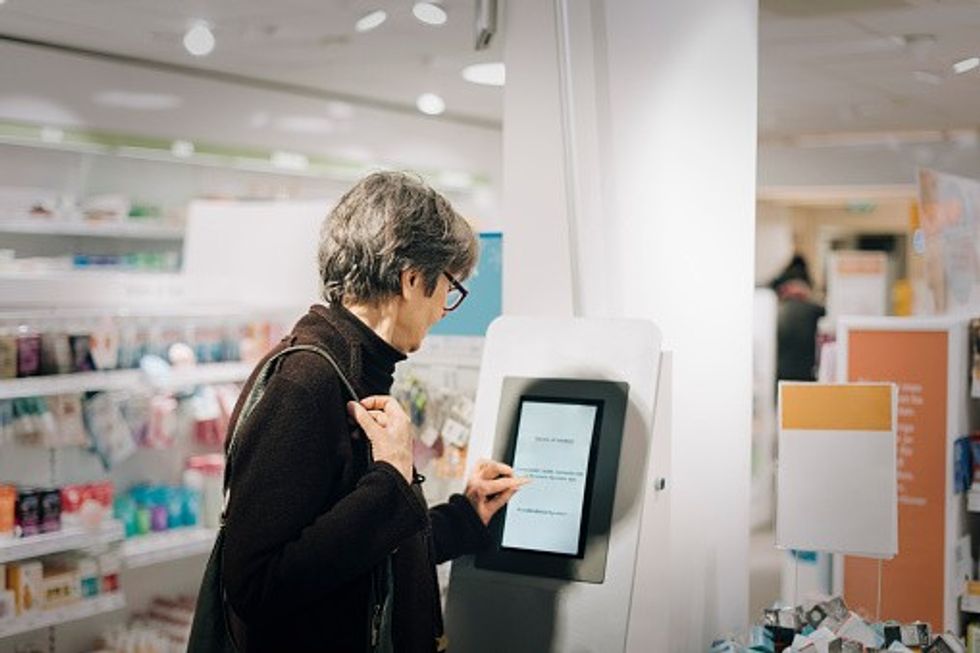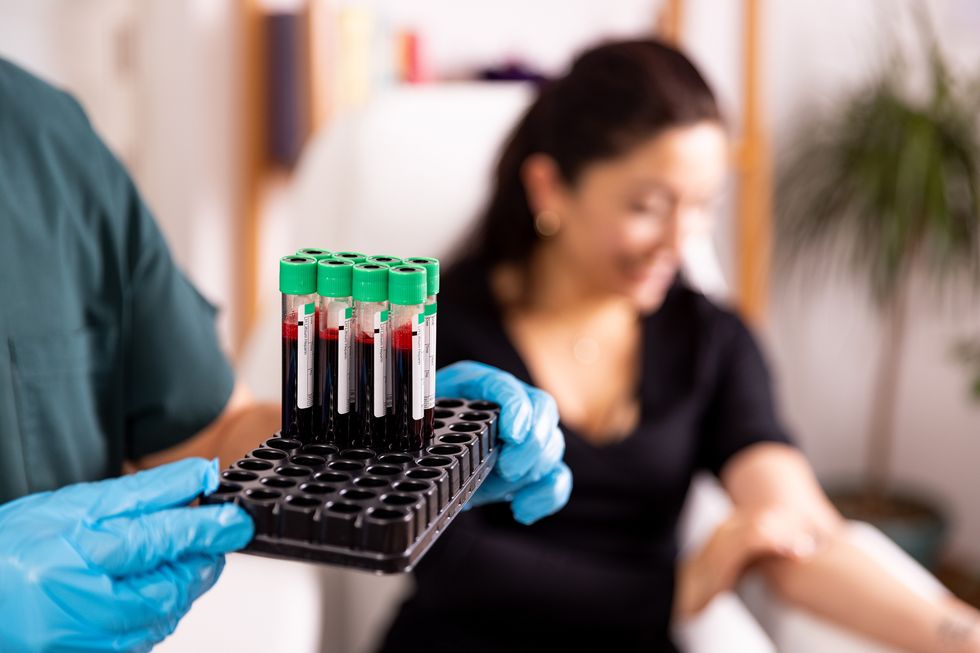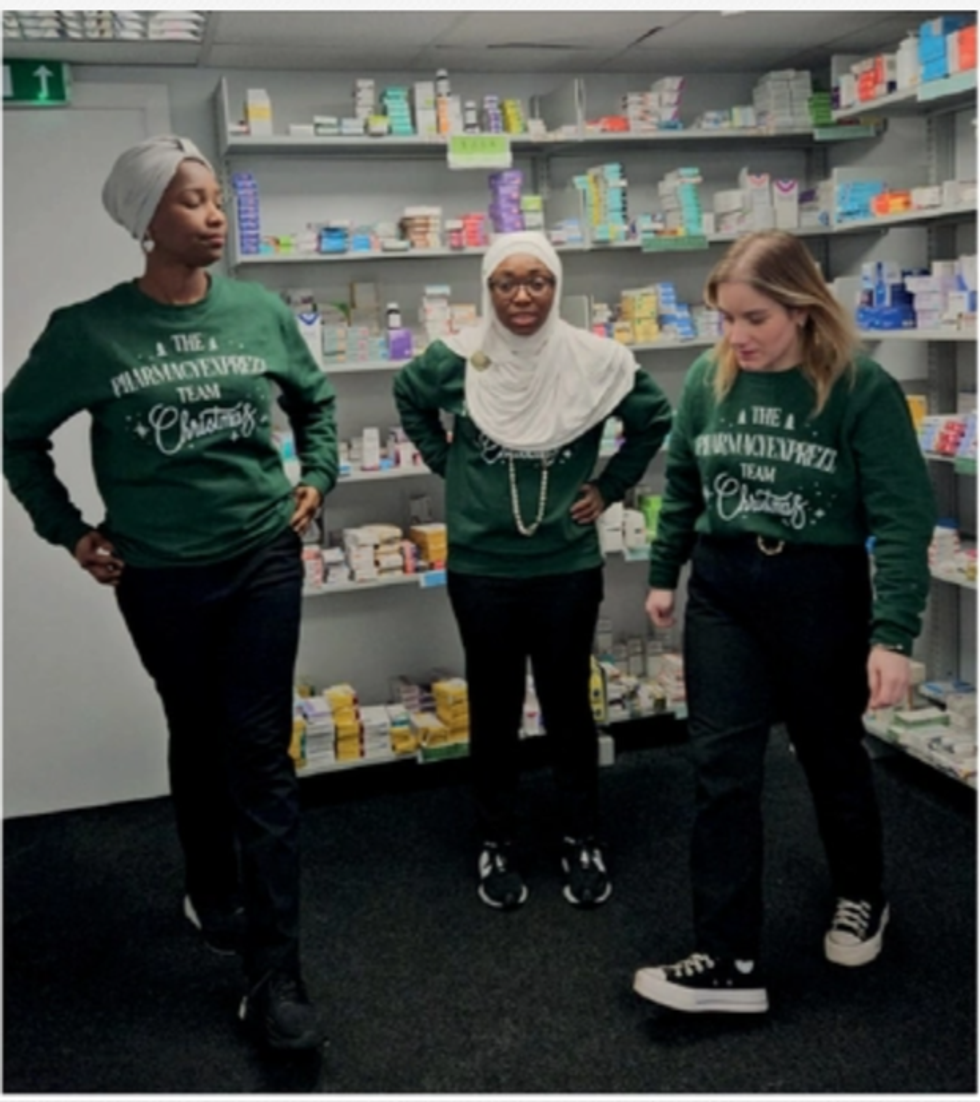A healthy and vibrant generics marketplace supports not only patients but also contributes billions of pounds in savings to the drugs bill. However, growing pressures on generic medicine manufacturers could threaten this vital part of the healthcare ecosystem, warns Ryan Ruscoe, senior director of generics and OTC at Teva UK.
Speaking exclusively to Pharmacy Business, Ruscoe stressed the urgent need to address supply chain vulnerabilities, particularly for critical generic medicines.
“The consolidation of critical generic medicines is accelerating – occurring three times faster than that of other generic medicines,” he said.
“Addressing the pressures on generic medicine manufacturers is crucial to ensuring reliable access to affordable, high-quality treatments and safeguarding the resilience of our healthcare system.”
He cited Teva Pharmaceuticals Europe’s latest Generics Health Check 3.0 report, which shows that 46% of critical generic medicines are now supplied by just one major provider.
“For medicines with a 60% market share, this figure rises to 83%. In the UK, the trend in the last year has shown that almost one-third of critical generic medicines were supplied by just one provider,” Ruscoe explained.
Ruscoe called for better collaboration between governments and medicines providers, particularly EU partners, to strengthen existing supply chains and diversify the supply network.
“We need to move away from cost-based scenarios to strengthening manufacturing competitiveness and capacity via agile funding schemes to fast-track approval for strategic investments, supporting all types of innovations, including in manufacturing support innovation,” he said.
Why do we need more off-patent medicines?
According to the British Generic Manufacturers’ Association (BGMA), 31 drugs are set to lose their patents between January and June 2025, with the NHS projected to save £150 million due to increased generic and biosimilar competition.
Ruscoe underscored the importance of these developments: “The availability of more off-patent medicines is healthy for the overall healthcare system, leading to cost savings, and therefore increasing patient access to care.”
Addressing the ongoing medicine shortages, Ruscoe noted that while the problem is not exclusive to the UK, it is exacerbated by “complex and fragile global medicine supply chains.”
He suggested that strengthening current policies around stockpiling and storage could help mitigate further risk.
BGMA should be included in policy-making
Asked what policy frameworks could better support the off-patent medicines sector, Ruscoe said: “The short answer to this is actually the work done before policy becomes enacted - and we believe the key to that is for generics manufacturers to get a seat at the table.
“We would strongly advocate for the generics trade body, BGMA, to be involved in discussions concerning issues that impact the whole industry.”
Has the UK become a less attractive market?
Ruscoe acknowledged that there have been some changes in legislation and the geopolitical landscape that have placed additional pressure across the industry, leading some high-profile companies to change their plans about investing in the UK.
“However, the UK does continue to have a healthy, vibrant and competitive market,” he said.
“At Teva, we strongly believe in the potential of the UK’s life science industry and the critical role it can play in driving growth for the wider economy. It is a key market for us, and will remain so in the future.”
For the Israeli multinational pharmaceutical company, the UK remains an integral part of the global medicines market.
Ruscoe said: “We operate the largest fully integrated manufacturing and delivery network in the pharmaceutical industry, requiring an agile supply chain to anticipate flux in demand and respond rapidly to changes.
“To deal with a more uncertain future, we continue to future-proof our supply chain to ensure the NHS and patients will always have access to the medicines they rely on wherever possible.”
Pharmacies have lots of hats to wear
Ruscoe recognised that the role of pharmacy goes far beyond simply filling prescriptions.
“They form the backbone of healthcare for millions up and down the UK, providing easier access to medicines, essential clinical services, and expert advice,” he said.
“At Teva, we are proud supporters of pharmacy, standing alongside pharmacists to ensure they can continue delivering the care that communities across the UK rely on.”
While pharmacies have lots of hats to wear, Ruscoe said that two of the main ones are “running a business and looking after the patient community.”
Ruscoe also highlighted the evolving role of community pharmacies, recognising the enormous pressures they face.
“The recently published Economic Analysis of NHS Pharmaceutical Services reveals that nearly 47% of pharmacies have operated at a loss, and with rising operational costs, labour shortages, and increasing workloads driven by growing prescription volumes, pharmacists continue to face unprecedented pressures,” he said.
“Despite these difficulties, community pharmacies are stepping up,” Ruscoe said, noting that “over 1.9 million Pharmacy First Clinical Pathways consultations to date are a testament to their remarkable contribution.”
However, he acknowledged that the right funding models, resources, and innovation are needed to sustain these efforts.
He welcomed the 2025/26 Community Pharmacy Contractual Framework that guarantees a 19.7% funding uplift but questioned whether it will be enough, given the current pressures facing the sector.
Nevertheless, he said that the new pharmacy contract has been “a positive acknowledgement of the profession as the front door to healthcare.”
From this year, all newly qualified pharmacists will also be qualified as prescribers – a significant step
While Ruscoe described the change as “really exciting,” he emphasised that the empowerment must be supported with adequate funding to ensure its success.
He noted that while biosimilars are by nature more complex – in mode of administration as well as method of getting them to patients – their place in community pharmacy certainly shouldn’t be ruled out.
Teva’s projects in the UK
The company is not only strengthening its generics powerhouse but also investing heavily in innovative treatment options.
“As a key supplier of medicines, we’ll continue to work alongside the NHS, keep patients – and patient care – at the centre of our ethos and, by extension, the pharmacy community that supports them, of which we are proud to support and champion.”
Ruscoe added that generic medicines will always be “a cornerstone of our business.”
Teva is one of the leading suppliers of medicines to the NHS, with 1 in 7 prescribed generics packs supplied to the UK market carrying a Teva name.

















 A woman using kiosk at pharmacy store gettyimages
A woman using kiosk at pharmacy store gettyimages  Pharmacist examining commissioning machine in pharmacy gettyimages
Pharmacist examining commissioning machine in pharmacy gettyimages 

 Pharmacyexprezz offers blood tests, travel vaccinations, earwax removal, cryotherapy and more.
Pharmacyexprezz offers blood tests, travel vaccinations, earwax removal, cryotherapy and more. The team at Pharmacyexprezz continues to grow
The team at Pharmacyexprezz continues to grow